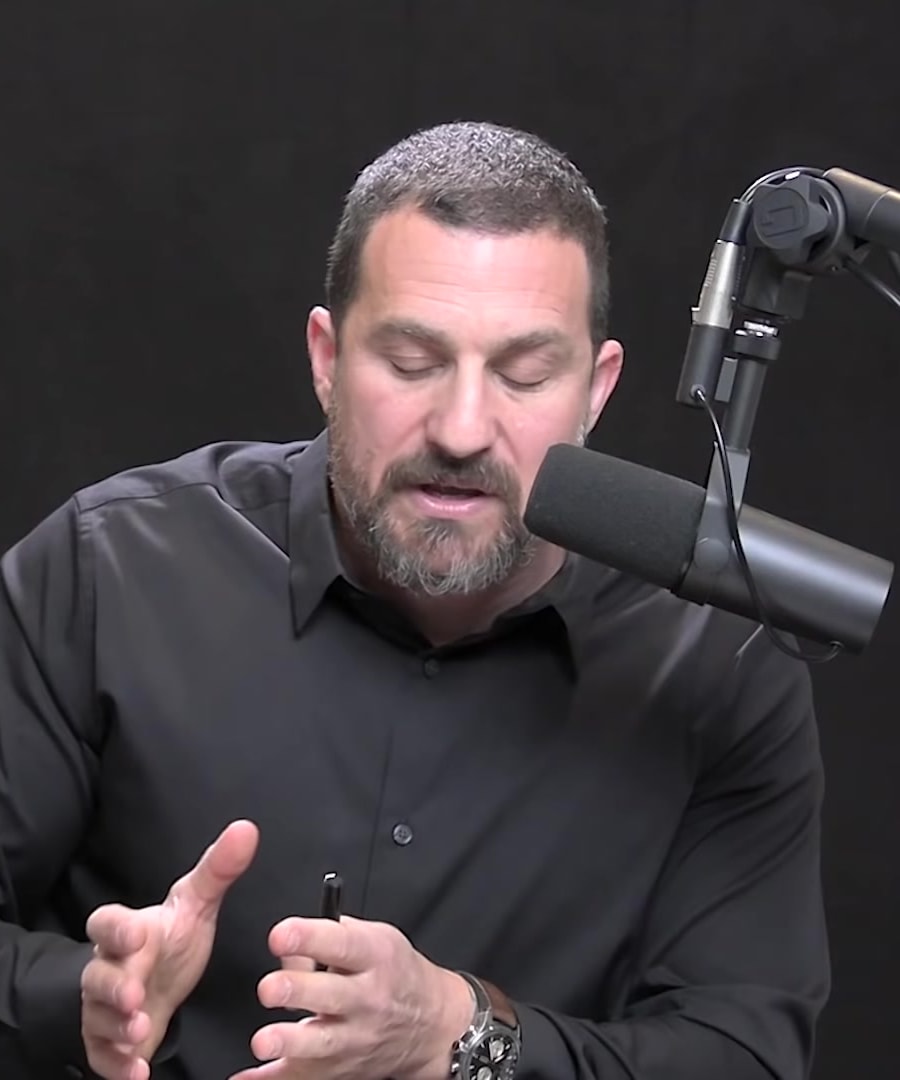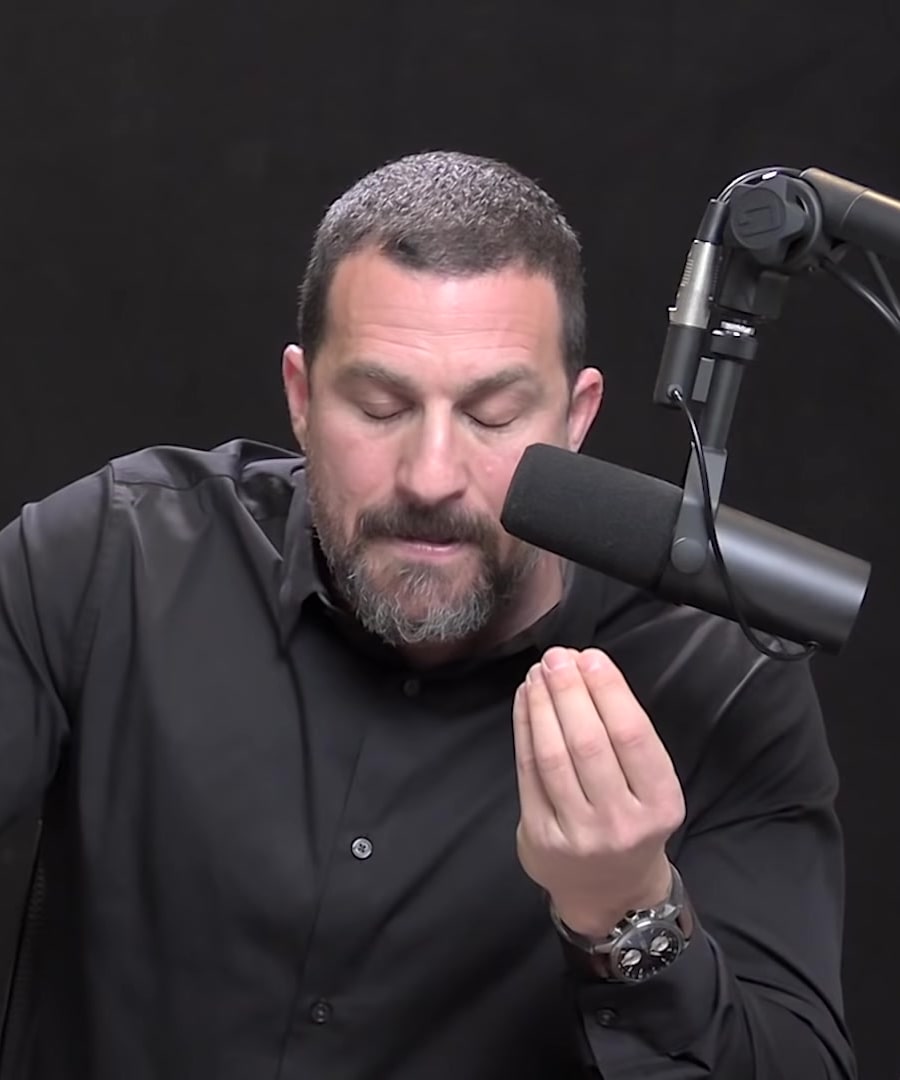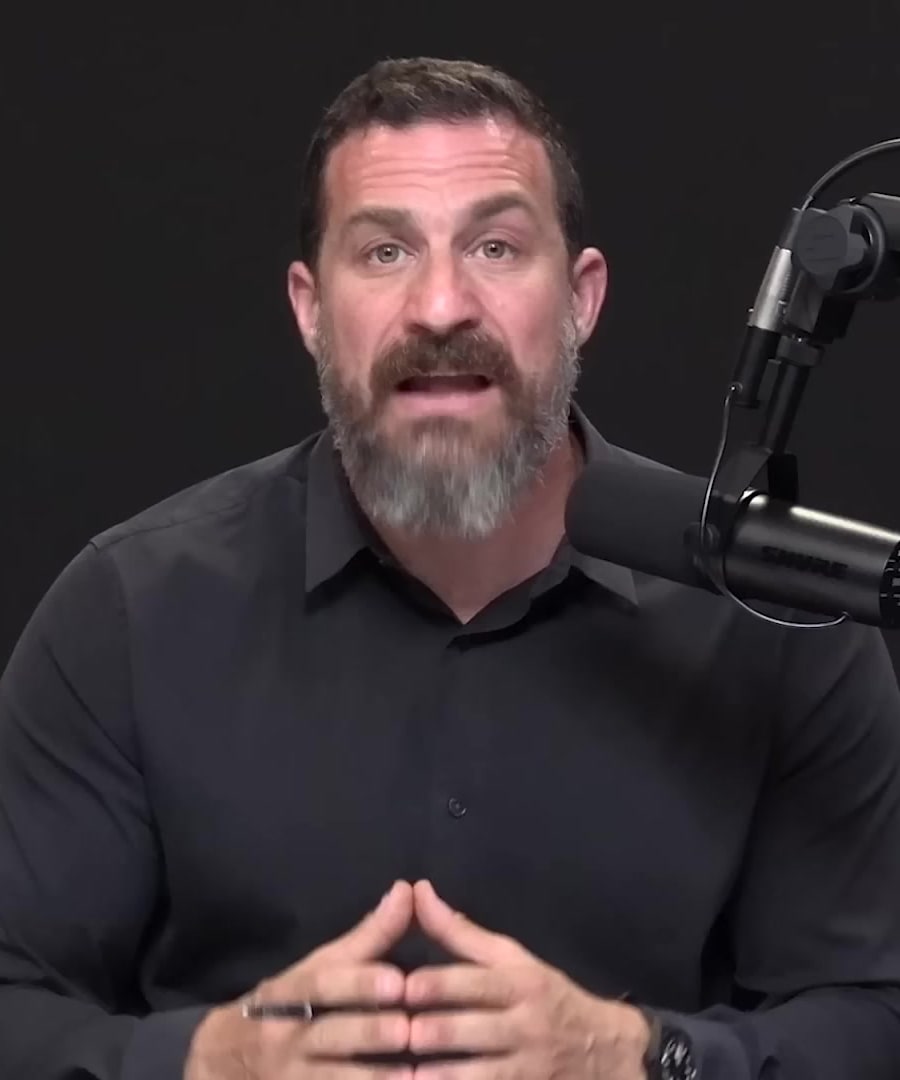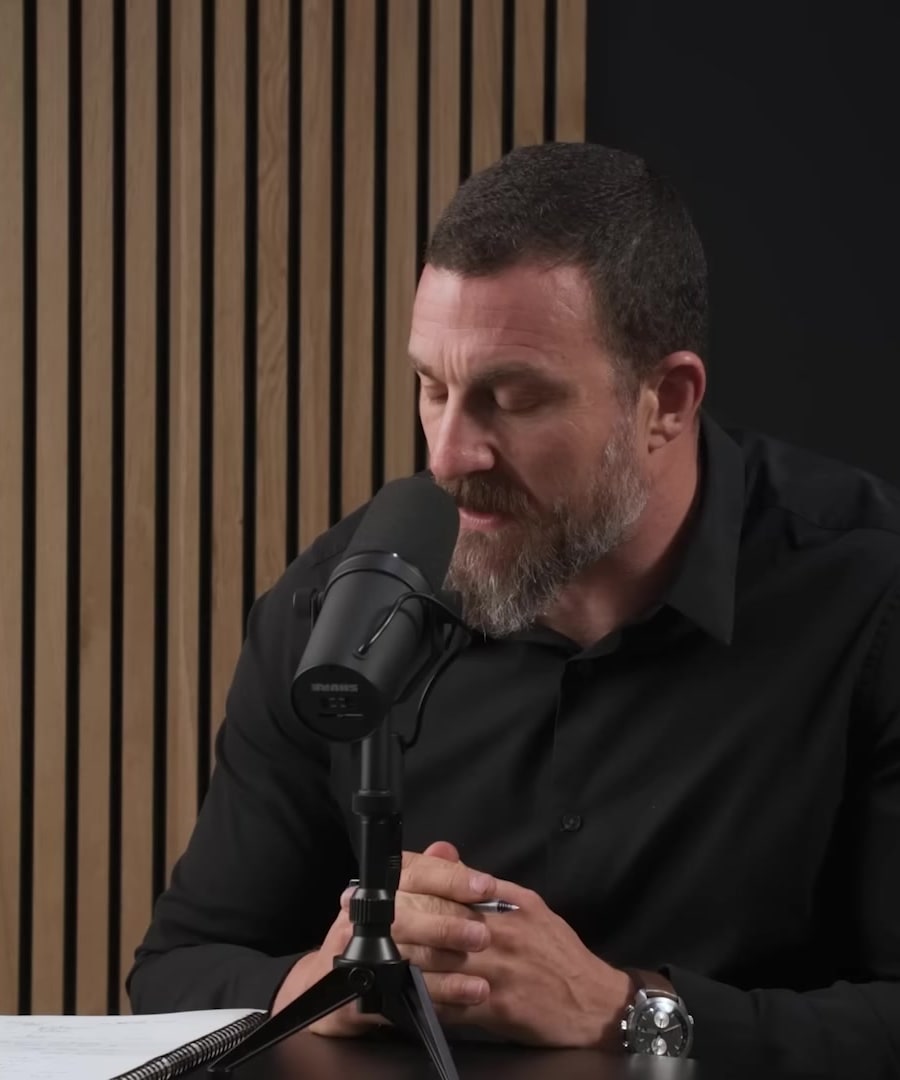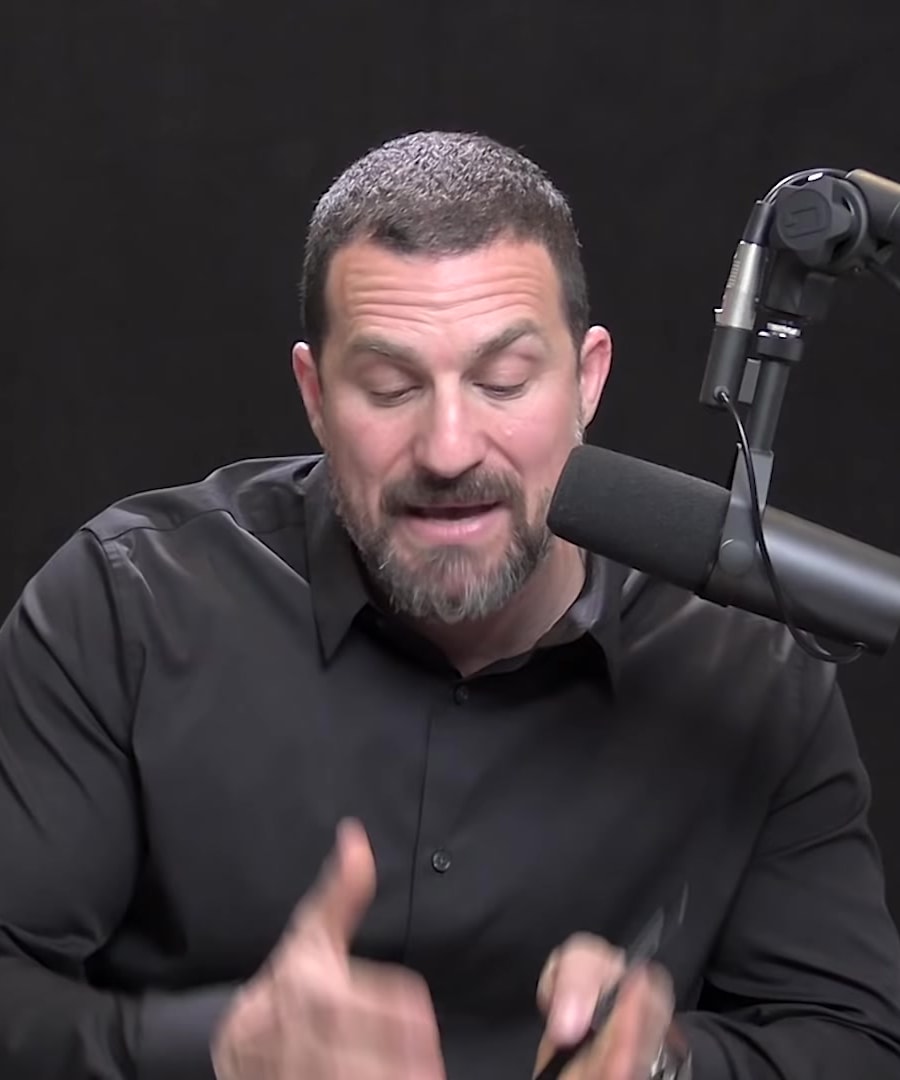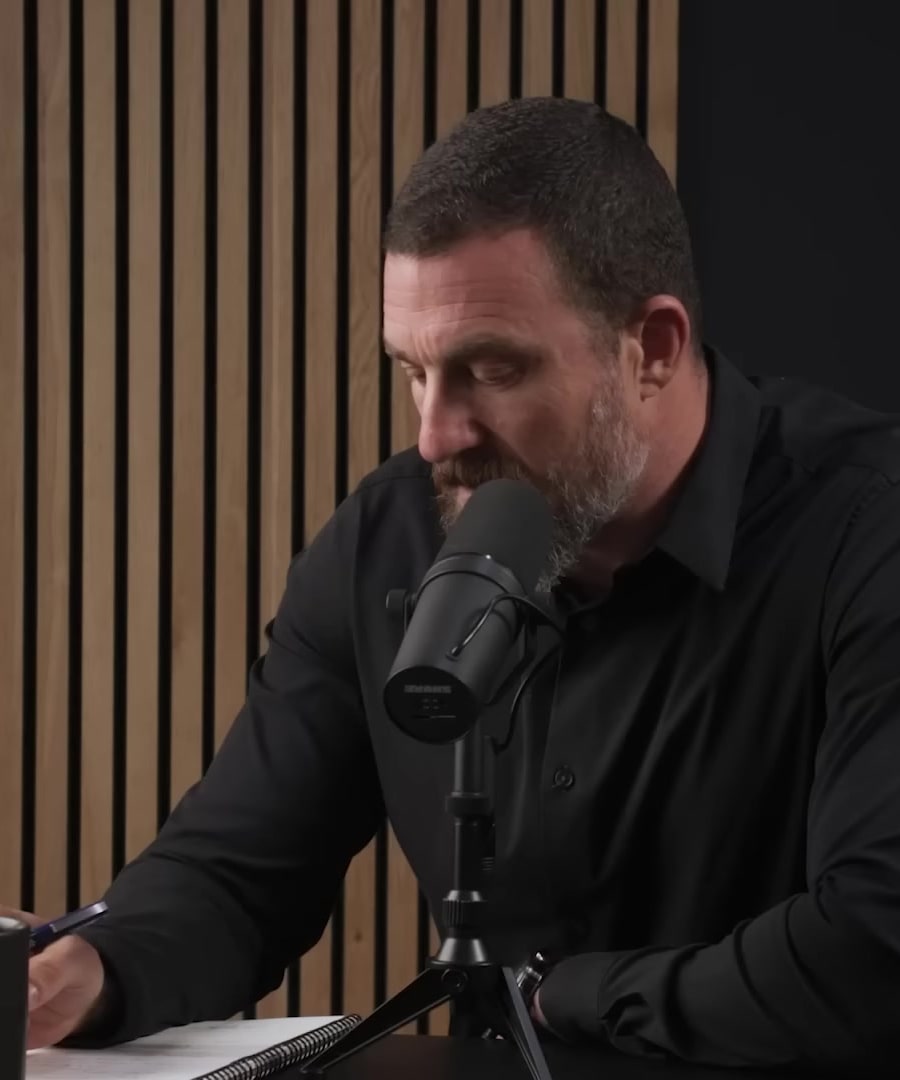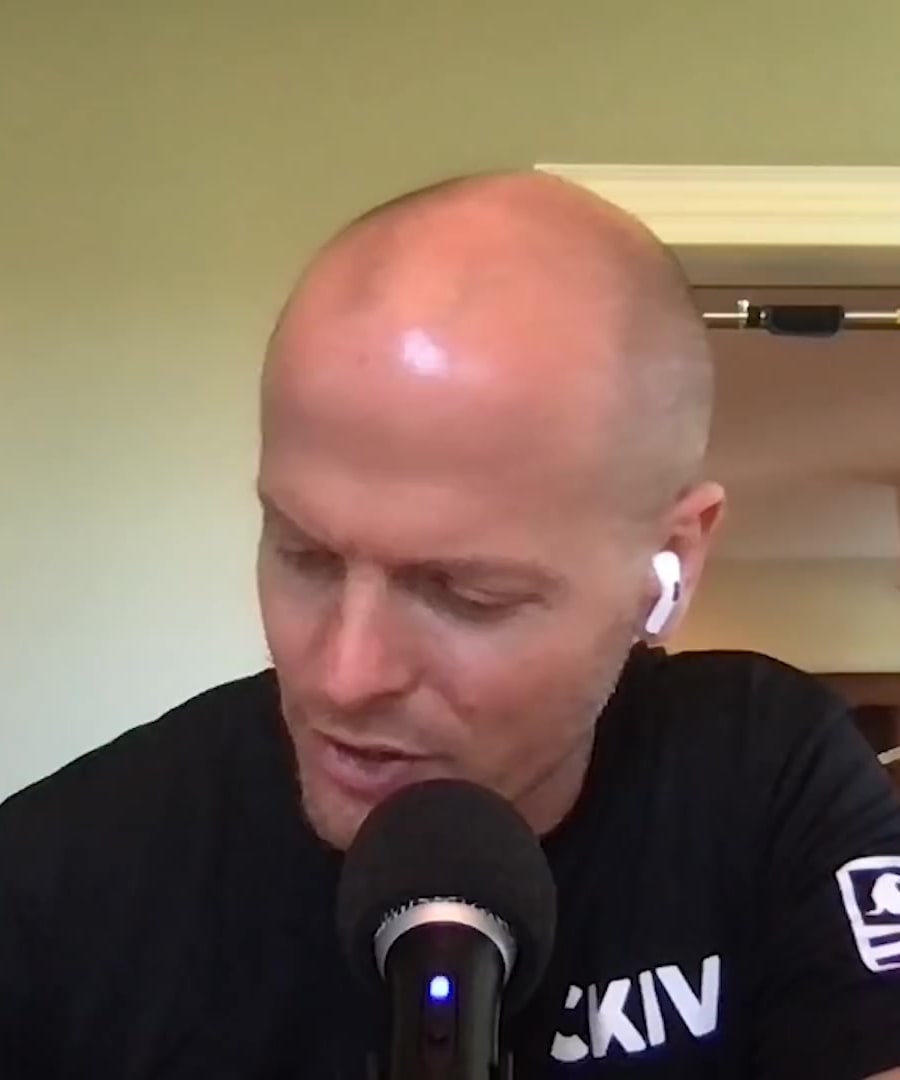Hi ! What are the best tools from nature for efficient stress management ? Thanks !
Sources:
To manage stress efficiently using natural tools, the has provided several strategies:
-
Activate the Parasympathetic Nervous System: This involves using so-called real-time tools that have a direct line to the autonomic nervous system, which can reduce or eliminate the stress response quickly. Tools that activate the parasympathetic nervous system, which calms the body, are particularly effective 1.
-
Physiological Sigh: The fastest and most physiologically grounded self-directed method to calm down is the physiological sigh. It involves taking a double inhale through the nose followed by a long exhale. This technique, based on physiology and neuroscience, can reduce your stress response in real time 2 3 4.
-
Coping Strategies for Overthinking: suggests three buckets of coping strategies which include top-down strategies of awareness, body-based strategies for working stress out of the body, and changing to a calming environment. Additionally, having positive cues like photographs in a designated safe zone can help alleviate stress 5.
-
Physical Exercise and Social Connection: Regular activities such as exercise, good sleep, and maintaining social connections can help mitigate long-term stress. The data points out that especially social connection is critical for reducing long-term stress 6.
-
Awareness and Stress Signals: Being aware of how we accumulate tension in the body and doing a check-in to notice where we hold stress can also be a step toward releasing it 7.
Make sure to adopt these tools in a way that fits into your lifestyle and consider consulting a healthcare professional if stress becomes overwhelming.
RELATED QUESTIONS-
How can I manage overthinking to reduce stress?
Sources:
Here are some strategies to manage overthinking and reduce stress as shared on the by and :
-
Awareness: Recognize and become aware of how your mind works. Acknowledging that rumination and overthinking aren't helpful is the first step toward addressment 1.
-
Top-Down Strategies: Utilize strategies that involve mental awareness to help release stress. This includes beliefs and mindsets that you can deploy to see stress in a more positive light and to let go of it 2.
-
Body-Based Strategies: Work the stress out of the body through physical activities, exercise or meditation practices. This changes the brain's activity, shifting focus from the stressor to the present experience, and mitigating the stress response 2.
-
Environmental Change: Modify your surroundings to eliminate stress triggers. Creating a calming environment or a designated safe zone within your home, including comforting items like pets, pictures, music, or particular scents will make a tangible difference 2.
-
Physical Relaxation: Pay attention to where in your body you hold tension (e.g., clenched hands, tensed shoulders). By doing a physical check-in, you can identify these points of tension and work to release the stress 1.
-
Physiological Sigh: Implement a physiological sigh, which is a pattern of breathing involving a double inhale through the nose followed by an extended exhale through the mouth. This offloads carbon dioxide and relaxes the body quickly, which can be particularly useful when feeling stressed 3.
Implementing these strategies can assist in managing thoughts and reducing the stress associated with overthinking. It may be beneficial to explore which methods work best for you and integrate them into your routine to combat stress more effectively.
-
Hi ! What are the best tools from nature for efficient stress management ? Thanks !
- RELATED QUESTIONS
How can I manage overthinking to reduce stress?
